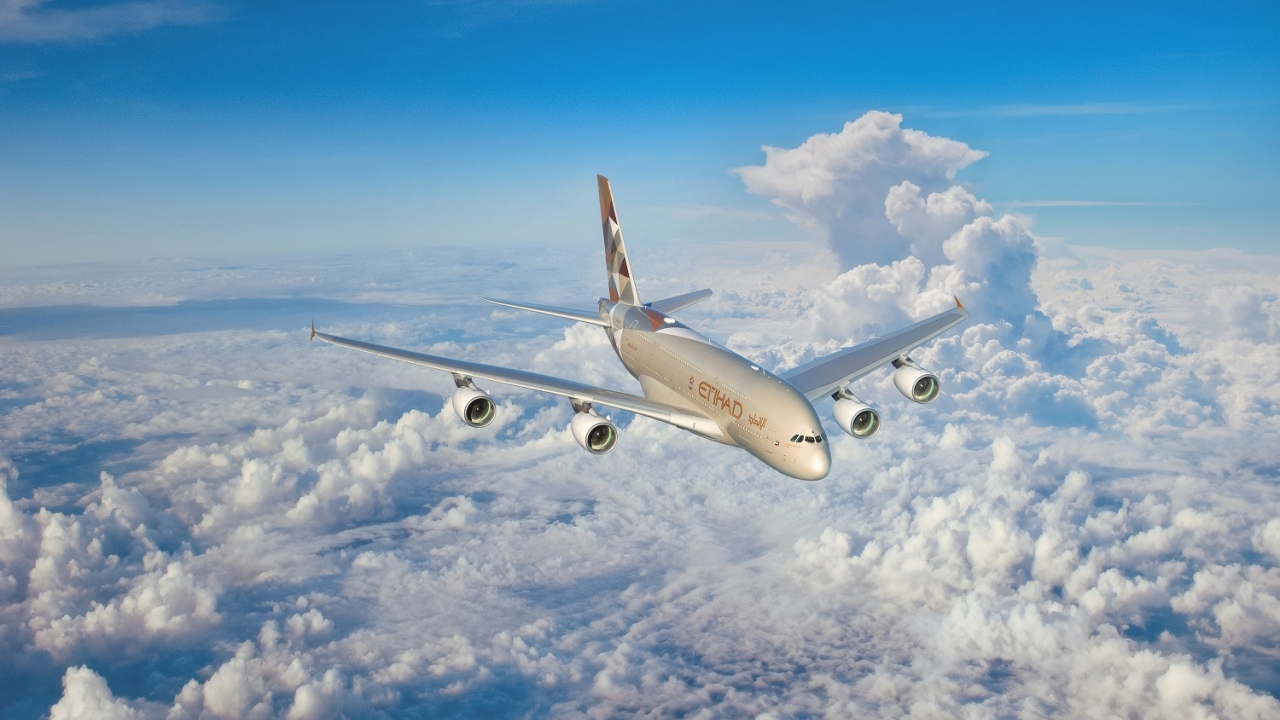Pilgrims are not the only way to progress
Saudi Arabian carrier, Flynas, plans to tap into the country’s drive to attract more Moslem pilgrims and holidaymakers – as it prepares for a major expansion of its fleet. Alan Dron reports.

Tourism has not traditionally been regarded as one of Saudi Arabia’s major industries. However, that situation is likely to change dramatically in the next few years as the kingdom powers ahead with attempts to diversify its economy away from the hydrocarbons sector.
It wants tourism to rise from 3% to 10% of gross domestic product (GDP) by 2030.
It has, of course, one major advantage. As a pilgrimage to Mecca is one of the tenets of the Islamic faith, which every able-bodied Moslem should undertake during his of her lifetime, there is an inexhaustible supply of travellers to the desert nation.
However, beyond religious tourism, the Saudi authorities believe that they can put their country firmly on the map for ‘ordinary’ tourists. New resorts are springing up and, in September, the country relaxed its visa requirements for 49 countries, as well as its strict dress code for female visitors.
On top of that, the liberalised domestic air market, which now has five competing Saudi carriers compared to only two just a few years ago, is continuing to grow significantly, providing more traffic.
To deal with these factors, Saudi low-cost carrier, Flynas, signed a deal with Airbus in 2017 for 80 A320neo-family aircraft, plus purchase rights for a further 40. By the end of 2019, five are scheduled to have arrived. If all 120 are eventually received, deliveries will continue until 2026.
At this year’s Paris Air Show, Flynas topped up its orders with a memorandum of understanding (MoU) for 10 A321neoXLRs, the newly launched, long-range variant of the single-aisle aircraft, and also announced that it would swap 10 of its existing ordered A320neos for larger A321neos.
According to Flynas CEO, Bander Al-Mohanna, the larger aircraft will help meet the airline’s plans to help transport the increasing numbers of Moslem pilgrims. Over the last Hajj season, Flynas flew around 200,000 pilgrims to and from Saudi Arabia.
“Considering these large-scale operations, Flynas currently pursues its duty to meet this rising demand while leasing larger aircraft. So, our plans are to upgrade our purchase to include A321neo aircraft to serve the Hajj and Umrah markets,” emphasised Al-Mohanna.
“Flynas targets the Umrah markets to transport around 5 million pilgrims annually, which will contribute to increasing the number of pilgrims in line with the kingdom’s Vision 2030 [project] to receive 30 million annually.
“We currently operate a fleet of 30 aircraft and we transport pilgrims and visitors on our fleet of Airbus 320s. Additionally, we lease special large-sized aircraft to cater to the influx of pilgrims during the Hajj. Flynas has leased 13 wide-body and high-capacity aircraft, including the Airbus A380, the Boeing 747 and 767.”
As well as religious tourism flights, Flynas is currently undertaking an expansion strategy unveiled last year, which includes starting flights to new destinations. Those include Lahore, Islamabad, New Delhi, Lucknow, Calicut, Sarajevo, Vienna, Batumi, Tbilisi and Baku.
“On the domestic front, we are moving forward with our expansion strategy by creating new direct routes that have not been served before,” added the CEO.
“Recently, we launched three direct flights a week connecting Al-Ahsa to Jeddah and Al-Ahsa to Madina. Moreover, new direct flights from Abha to Al-Madina and Dammam to Al Qurayyat were also recently launched.”
Together with other Saudi carriers, Flynas has recently begun to employ Saudi female flight attendants. For cultural reasons, this has always been controversial. However, said Al-Mohanna, the new policy had been very well received.
“We had a great response from both female Saudi flight attendants and our guests. In addition to that, Flynas believes in the capabilities of the kingdom’s youth – male and female alike – and, therefore, we have launched several programmes to localise aviation jobs, some of them targeted at Saudi women.”
These have included opportunities for Saudi women to train as pilots and flight attendants. The first batch of Saudi female cabin crew took to the air in January 2019.
“The flight attendants programme, which aims to attract 300 Saudi male and female flight attendants within two years, reflects Flynas’ adherence to our cultural values,” said Al-Mohanna. This includes both working hours and a uniform for female flight attendants in line with Saudi cultural norms.
Stay up to date
Subscribe to the free Times Aerospace newsletter and receive the latest content every week. We'll never share your email address.

